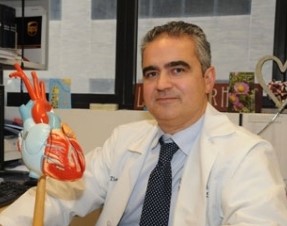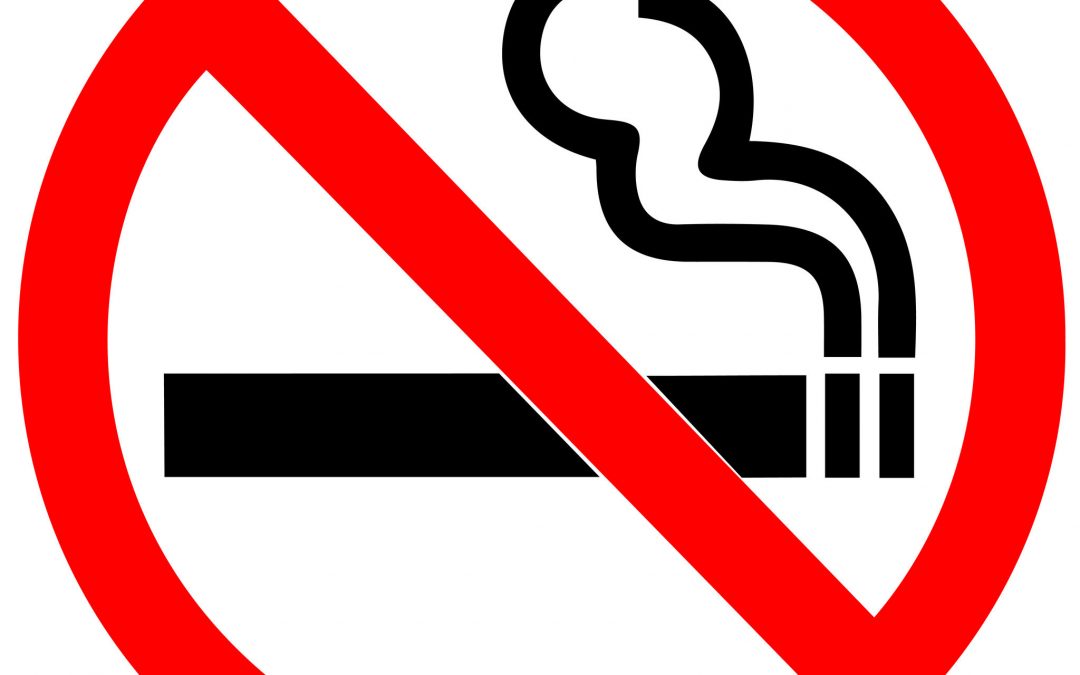by DrCiuffo | Oct 30, 2022 | Blog, Obesity, Weight
3 Important Aspects of Maintaining A Healthy Weight The importance of maintaining a healthy weight for a heart patient can’t be overstated. The heart is the hardest-working muscle in the body. Weight directly affects the amount of work the heart has to do. Losing even just a few pounds can have a strong positive impact on your overall health. Healthy Weight Several factors determine a healthy weight. Maintaining a healthy weight is critical to avoiding heart disease, diabetes, high blood pressure, and respiratory problems. In general, obesity is considered having too much body fat, which places extra pressure on your arteries, bones, and nerves, making it difficult for your body to function properly. Fitness is the most important key to maintaining a healthy body weight. Walking and other regular exercises are great places to start working toward maintaining a healthy body weight. Body Mass Index Your Body Mass Index, often called a BMI, is one measurement of your body fat compared to the overall mass of your body. If your BMI is over 30, you are considered obese. A higher BMI puts you at risk for the conditions associated with obesity. You should talk to your doctor about your overall health and the best ways to work toward achieving and maintaining your ideal weight. Lifestyle, diet, and exercise will all factor into the conversation. Obesity risks Obesity not only puts an extra strain on your joints and other parts of your body; it’s hard on your heart. The harder your heart has to work to push your blood around your body, the more strain it is under. In addition to... 
by DrCiuffo | Oct 15, 2022 | Blog, Heart Surgery, Minimally Invasive Heart Surgery
3 Advantages of Minimally Invasive Heart Surgery New technologies are emerging all the time. As open heart surgery treatments advance, there are new options and choices facing patients. As you move toward open heart surgery as a treatment, consider all your options and weigh the benefits and risks with your medical team to decide the best course of action. With a doctor you can trust, like Dr. Ciuffo, you can start to understand the procedures more than before and not worry about making the right decision. Our team is here for you every step of the process. Open Heart Surgery It used to be that open heart surgery was a last-resort risk. The recovery time was slow, and the procedure often left behind large scars which took a long time to heal. To reach the heart, traditional open heart surgery involves breaking through the ribcage, usually through the sternum itself. This left the patient with a long, hard, and often painful recovery. New techniques and technologies allow for a much less invasive option for most patients. Sternotomy Traditionally, open heart surgery, or sternotomy, meant entering the chest through a large incision, breaking the sternum to reach the heart, and performing the surgery. The potential problems included inflammation, swelling, pain, a longer recovery, and infection. The shock to the heart and the blood loss made it more difficult for patients to recover fully and heal efficiently. Fortunately, minimally invasive heart surgery options are now available. Minimally Invasive Heart Surgery With minimally invasive heart surgery, there is a much smaller incision, which can often be hidden beneath the fold of a... 
by DrCiuffo | Sep 30, 2022 | Blog
Heartburn that occurs more than twice a week or continues should be assessed by your doctor. You may be suffering from acid reflux. The lower esophageal sphincter is the muscle at the upper entrance to your stomach, which prevents stomach acids from making their way back up into the esophagus. If the muscle becomes damaged or stretched, painful symptoms can result. You may need prescription medications or other interventions to address acid reflux. If you suffer from occasional heartburn, there are some tricks you can try to stave off the burning and get back to your normal activities. Sleep Position Matters Sleeping on your left side has been shown to reduce nighttime heartburn symptoms. This position seems to direct stomach acids down and away from the esophagus. For persistent heartburn, try sleeping with your upper body slightly elevated to help keep acids down where they belong. Be sure to get enough sleep. A lack of sleep is hard on your body in many ways and may contribute to symptoms. How Eating Habits Contribute To Heartburn Eating habits may contribute to your symptoms if you suffer from frequent or severe heartburn. Avoid alcohol, heavy, spicy foods, and stimulants such as chocolate and coffee. Ironically, peppermint, often recommended as a remedy for upset stomachs, can aggravate heartburn. Avoid acidic foods like tomatoes and sauce. Try breaking up your food intake over the course of the day, eating several smaller meals rather than one large one, and limiting your intake of spices, citrus, acidic foods, and fatty or heavy foods. Lose Weight and Stop Smoking Even a small to moderate weight loss can... by DrCiuffo | Aug 30, 2022 | Blog
Have you had your heart checked recently? Heart disease is sometimes referred to as a “silent killer.” It earns this grim reputation because it’s easy to ignore the signs of a problem until there’s permanent damage, or worse. By understanding the signs of potential trouble, you can head off heart problems in the past and potentially save your own life, or that of a loved one by getting your heart checked out. Your Overall Health If you are age 60 or older, are even slightly overweight, or are diabetic, regular heart checkups should be routine. Age, excess weight, and systemic malfunction can put a serious strain on your heart. Regular checkups can help pinpoint any problems early, so your doctor can help you decide upon an appropriate course of treatment. This means attending those yearly check-ups and getting questions answered when you have them. There is no reason to be doubting aspects of your health that you are not bringing up with a doctor. Chest Pain We have all heard of the importance of acknowledging chest pain in our bodies. If you’re experiencing chest pain, tightness, pressure, or experiencing shortness of breath not associated with vigorous exercise, it may be time to schedule an appointment with your cardiologist to get your heart checked out. Tingling, pressure, nausea, cold sweats, and chest pain may be signs of a heart attack. If you experience those symptoms, don’t hesitate; to call for medical help immediately. There is never any reason to delay when the symptoms line up with the feeling of a heart attack. Pain Below the Chest While people commonly associate... 
by DrCiuffo | Aug 15, 2022 | Blog, Heart Health, Uncategorized
Changes To Make For Heart Disease Prevention There are plenty of myths surrounding heart health, including fad diets, fitness routines, and “miracle” cures that are marketed as a magic bullet against heart problems. The truth is, heart disease prevention takes diligence and a thoughtful approach to diet and exercise, but some basic steps can help protect your heart health for the long term. Smoking Cessation Smokers have some of the highest instances of heart problems and heart attacks of any population. The carbon monoxide in smoke replaces some of the oxygen in your blood, forcing the heart to work harder to deliver enough oxygen to your body. While that is already a large issue, tobacco contains chemicals that can cause plaque buildup in the arteries, leading to a heart attack. Both of these issues can substantially affect your heart’s function, and eventually, help lead to further problems. Smoking cessation can reduce your chances of heart problems significantly. Exercise Though many adults don’t have time in their schedules or the motivation to take on a strenuous exercise program, even a moderate increase in exercise can have an impact on your heart health. At least 30 minutes a day of moderate exercise, like walking at a brisk pace, is great support for your heart. When combined with diet, increased exercise not only increases heart health, it helps raise levels of serotonin, the feel-good chemical, as well as reduces anxiety, depression, and moodiness. Diet The word “diet” has taken on a negative connotation for many. It is not necessary to embrace a lifestyle of starvation and salads to increase your heart health....


